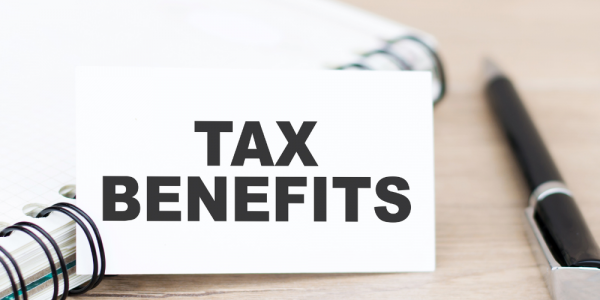
Insight into 1031 Exchanges: Maximizing Tax Benefits in Real Estate
The intricate landscape of real estate investments often leads investors down the road to explore new avenues that offer both tax advantages and growth potential. Among these avenues, 1031 exchanges stand out as a powerful tool that enables investors to optimize their real estate portfolios while deferring costly capital gains taxes. At Clear Title, we are well versed in the nuances of 1031 exchanges, so let’s look at a few insights to determine if it’s the right path for you.
A 1031 exchange, named after Section 1031 of the Internal Revenue Code, allows investors to defer capital gains taxes on the sale of investment properties by reinvesting the proceeds into like-kind properties. By deferring taxes, investors can leverage their capital more efficiently, facilitating portfolio growth and diversification.
Before you start to look for a like-kind property, you must understand that engaging in a 1031 exchange requires meticulous adherence to regulatory requirements and timelines, beginning before you even make an offer on a property. Once you’ve identified the properties you wish to sell and purchase, there are specific steps that must be performed in a specific order and on a set timeline in order to qualify.
Investors can explore a wide range of like-kind properties including commercial, residential and even certain types of personal property. While many take this at face value to mean you must swap an apartment building for another apartment building, or a parking lot for a parking lot, this isn’t true. In fact, nearly all property, whether it is vacant land, an office building or a rental house, is considered like-kind. As long as the property is used for investment or business purposes only, it will usually qualify.
Once you have identified your like-kind properties and begun the selling and buying processes, you must be sure to comply with regulatory requirements to successfully complete the exchange. You’ll need to determine how much of your profit from sale proceeds to roll into your new purchase; capital gains taxes are only deferred on the amount that is reinvested, so you may still owe some taxes. Due diligence items, verifying property titles, assessing liabilities and ensuring all exchange criteria are met are all paramount to a successful 1031 exchange. If any of these fall through, your 1031 exchange could be in jeopardy. Once the transaction is complete, you’ll need to file a form with the IRS to describe the properties, timeline and how the money was exchanged in order to qualify for the deferred capital gains tax. This is why working with a company like Clear Title, who can take a meticulous approach to safeguard your interests while mitigating risks, is so important.
Let Clear Title be your trusted partner in maximizing the tax benefits of a 1031 exchange. Call one of our offices for more information.
Pace: (850) 994-3838
Pensacola: (850) 361-4029
Pine Forest: (850) 202-8518


